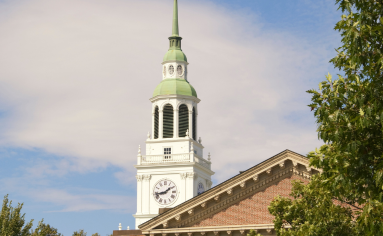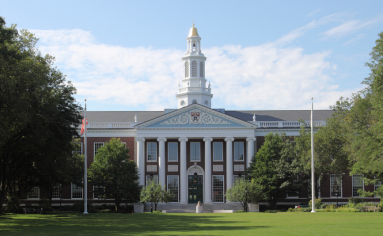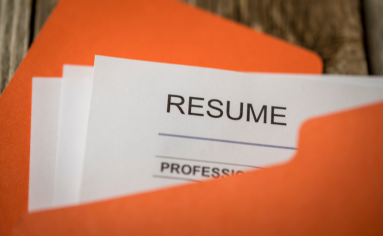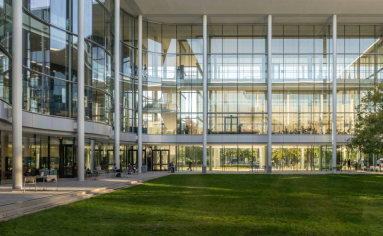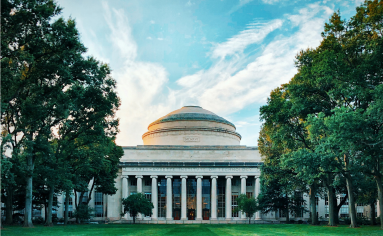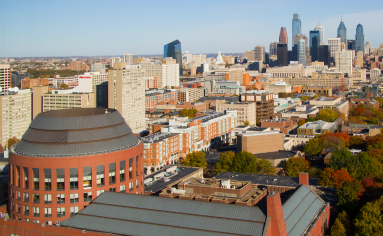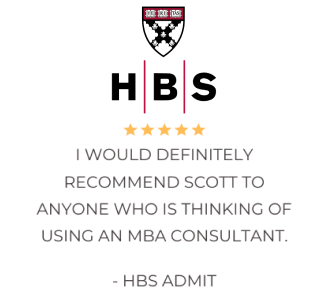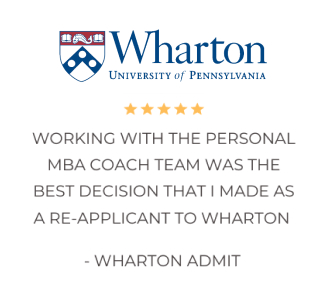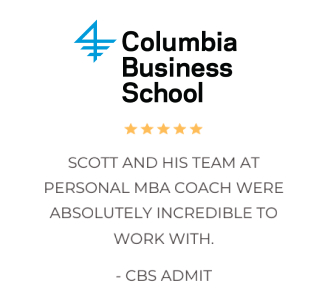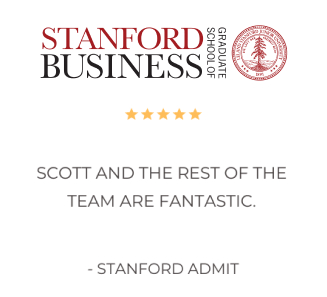While all MBA programs teach the same general curriculum, often by some of the same faculty, the decision between an EMBA vs MBA can be a difficult one.
Personal MBA Coach frequently works with candidates who find themselves teetering on the line between an EMBA and MBA. If you find yourself in this position and are having trouble coming to a decision, Personal MBA Coach is here to help you determine the fit.
Below, we have shared an overview of Executive MBA vs MBA programs, the benefits of each, and what sets them apart.
What Is an Executive MBA Program?
If you are just starting your MBA decision-making process, you may find yourself asking, “What is an Executive MBA program?” To break it down, the EMBA is designed for higher-level executives and members of senior management. Entrepreneurs who manage their own businesses also fit well into EMBA programs. The purpose of such programs is to help business leaders strengthen their management skills. Unlike the full-time MBA, EMBA students continue working over the course of their studies.
While EMBA students are expected to have more leadership experience than full-time MBA or part-time MBA students, the required number of years of experience for EMBA hopefuls varies significantly from school to school. In some cases, Personal MBA Coach sends applicants with as few as 5 to 6 years of experience to certain EMBA programs. In other cases, schools such as Chicago Booth are looking for those with 14 years of experience. For instance, the Wharton EMBA Class of 2025 had an average of 13 years of experience. Many successful applicants also have international leadership expertise, although it is not required for admission.
What Is a Full-Time MBA Program?
Traditional two-year, full-time MBA programs are commonly designed for younger professionals. Generally speaking, year one covers general course requirements whereas year two takes a deeper dive into specific disciplines. Full-time MBA students also complete an internship between their first and second year, which is particularly beneficial for students who are looking to change careers. Since post-MBA students often start at levels similar to one another, a full-time MBA can often serve as an equalizer of sorts.
Applicants have 3-6 years of pre-MBA experience on average. After 6+ years, your chances of admission begin to decrease slightly each year. However, if you have surpassed 6 years of work experience and still want to pursue a full-time MBA program, Personal MBA Coach works with many more-experienced candidates who get into top programs by developing a strong story to explain their roles to date.
Benefits of Executive MBA Programs
Now that we have addressed “What is an Executive MBA Program?” let’s discuss some of the benefits. Getting ahead professionally while maintaining a full-time job is one of the major benefits of Executive MBA programs. Because students are working full-time, another Executive MBA benefit is flexible scheduling to accommodate busy lifestyles. Keep in mind that you still may be spending between 20 to 30 hours on projects and assignments in a given week. Furthermore, several programs offer global learning opportunities. For example, Chicago Booth’s EMBA program spans the globe, with campuses in Chicago, London, and Hong Kong. Similarly, Wharton EMBA students are required to participate in one of four Global Business Week experiences and a one-week international trip.
Whether you are looking to change roles, advance in your current industry, or even build a business from the ground up, an Executive MBA will equip you with the tools to do so. While EMBA students are typically not looking to change roles immediately post-graduation, many recruiting opportunities are available through internal networking, often with fellow EMBA classmates.

Benefits of Full-Time MBA Programs
Going back to school full-time presents a great opportunity to fully immerse yourself in the business school experience. Full-time MBA programs strongly emphasize skills such as leadership, teamwork and communication both in and out of the classroom.
Full-time MBAs also give students access to a plethora of networking, recruiting and community-building opportunities. On top of this, these programs allow for an intensive summer internship experience, various volunteer programs and travel opportunities, enabling students to further develop personally and professionally.
If you would like to learn about the top full-time MBA programs and the application process, take a look at Personal MBA Coach’s M7 Essay Analysis e-book.
Still Unsure About An EMBA vs MBA Program?
Personal MBA Coach guides candidates through all types of MBA applications and can advise you on which program is the best fit for your individual circumstances. Sometimes, candidates will apply to more than one program type and choose the one with the most desirable package. We are happy to discuss whether this could be the ideal strategy for you.
Learn more about how Personal MBA Coach can help you achieve your goals with our Comprehensive MBA Packages and EMBA Packages.







